News
Against the Tropes: Five Black Women in Horror Discuss Racism, Sexism, and More
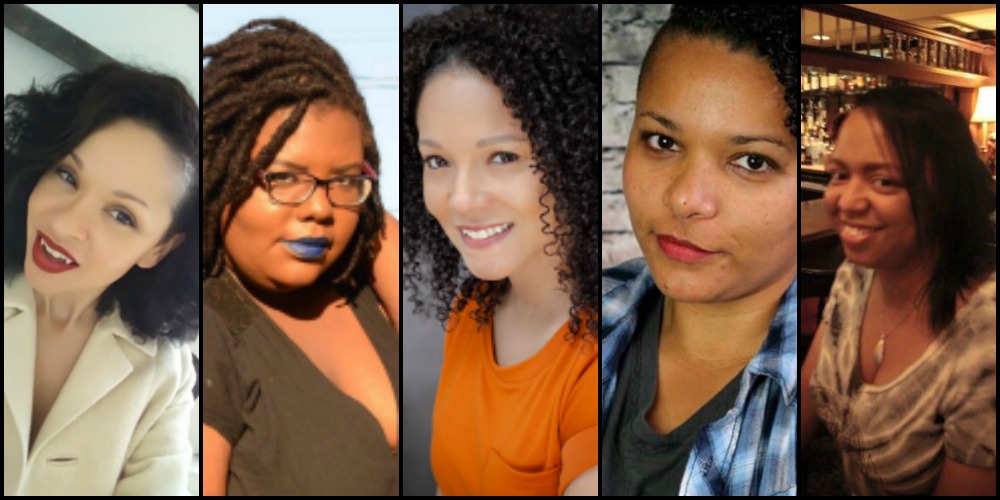
Some of you may have recently read about Rachel True and her blatant omission from convention reunions for The Craft. The singular black actress in the film has been excluded from events since the film’s release, including an MTV awards show in which her three white co-stars were asked to present an award while she sat, watching from the audience.
Public response was immediate and divided. While some lauded True for speaking up, others called her out implying that maybe she just didn’t have the drawing power the other three had for conventions and other appearances.
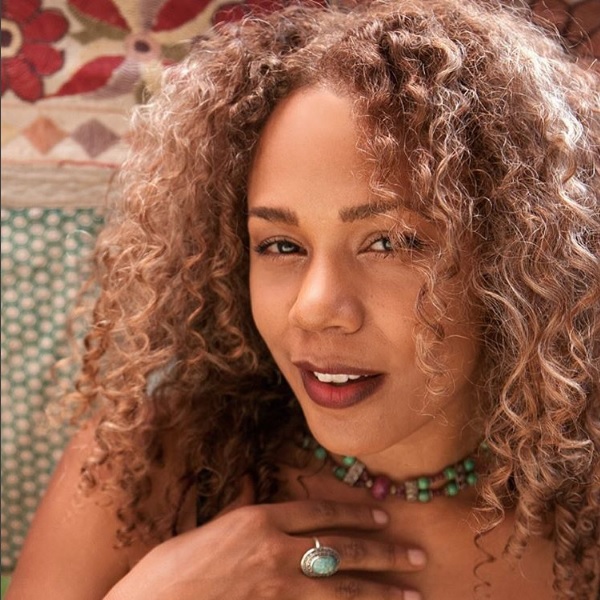
Anyone who knows my work will realize that this immediately sounded alarm bells in my head, and I wanted to write about the actress’s exclusion, and the presence of racism in the horror business both in front of and behind the camera.
There was only one problem, really. I’m a white guy, and while I am also gay and understand marginalization on that front, I’m also aware that the “white” part of my description comes with certain privileges that others do not share.
In order to write about the realities of racism and sexism in the film industry, I needed those who had experienced it for themselves first hand.
As it happens, February is both Black History Month in the States and Women in Horror Month, and I saw this as an opportunity to combine both of these celebrations to discuss this serious matter.
I sent messages to three indie filmmakers I knew in particular who quickly added two more names to the list and last Sunday, the five of them sat down with me via phone to discuss issues that, despite what some may tell you, have not improved nearly enough in the U.S. especially.
Over the following hour I sat in awe as these phenomenal women took me into their confidence and related stories to me and each other, comparing experiences within the business of horror film-making.
We began our discussion with Rachel True’s situation, and it quickly became clear not only what the actress meant to these women, but also how her treatment echoed their own experiences.
“What has been going on with Rachel has really resonated with me,” Dallas-based writer/director/actress Tiffany Warren began. “I’ve struggled so much with finding roles that I finally broke down and asked a casting director here in Texas why. Is it something I’ve done wrong? And I’ve actually gotten feedback that they just don’t know what to do with me because I either don’t look ‘black enough’ or I’m too ethnically ambiguous.”
Not black enough? What does that even mean? I immediately thought of the Ruby Rose/Batwoman situation where toxic fans implied she wasn’t lesbian enough to play the role, and made a mental note to return to the subject.
“I think what she [Rachel True] has experienced is valid, but I don’t know if it’s intentional racism,” Warren continued. “One of the things I have noticed is that when she talks about her story, people will say things like, ‘There’s just not a demand for black people in horror’ or ‘There’s just not a lot of fans who are black in horror.'”
“Okay, that’s a straight lie,” interjected award-winning screenwriter and director Lucy Cruell. “I’m going to say that right quick. That’s an absolute lie.”
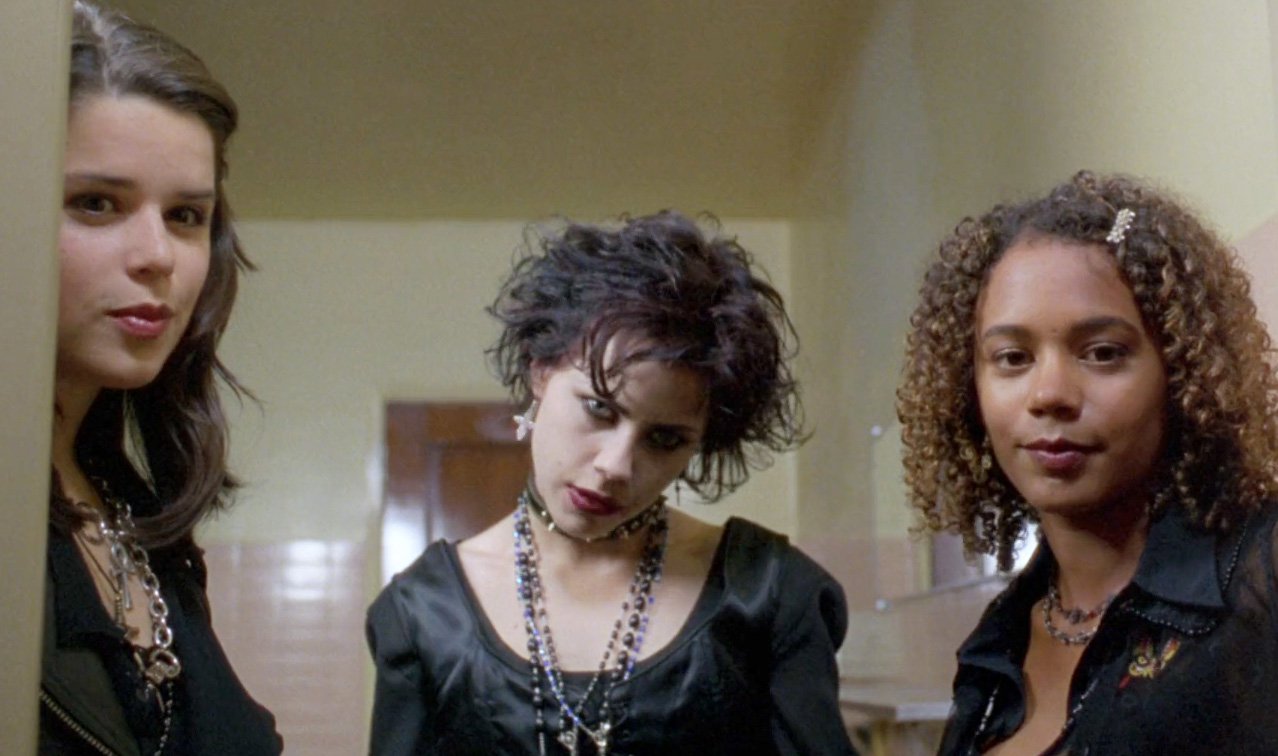
“It’s just racism,” San Francisco based writer and director Comika Hartford continued. “It’s more than just individual people making racist decisions. It’s because we live in a racist nation built on genocide, slavery, and murder. What I’ve found is that things are not getting better, and I’ve found that these people have set themselves up as the gatekeepers of ‘blackness.’ It’s about dividing who is ‘acceptable black’ from who is not.”
“We’ve seen the backlash she’s received from promoters and convention planners who want to spin her response,” added Drexel University alum and award-winning screenwriter Chris Courtney Martin. “They say, ‘Oh we were going to call you, but you just screwed up.'”
“That’s gaslighting because she called them out.” Hartford said.
Gaslighting refers to manipulation by sewing seeds of doubt in a person’s sanity or reliability. The terms comes from the 1944 George Cukor film, Gaslight, in which Charles Boyer attempt to drive Ingrid Berman insane.
“Her representation had already reached out and were told they weren’t interested,” Warren pointed out.
“So now, they sit and spin the ‘angry black woman’ narrative and make it seem like she was being aggressive and belligerent,” Martin continued, “and they don’t want to work with her when we already know it came down to racism.”
“If you make a peep, you get that angry black woman stereotype,” Cruell said. “If you complain or question even in the nicest possible terms, that stereotype pops up faster than you can get to the question mark.”
Cruell went on to relay her own experiences growing up in a small town where everyone knew everyone, and how it created a sort of “racial unawareness” of what was going on in the world around her.
When, after attending Harvard Law School, she decided to pursue screenwriting instead, the systemic racism and sexism she met was almost baffling, but that people like True speaking up offers validation to her own experiences.
“It took me a while to figure out when I was first starting out,” she explained. “I kept getting awards and winning fellowships and then I’d meet some guy who won third place in one contest and he already had an agent and a manager. It just kept happening and you get to the point where you’re just confused and you don’t know where to turn and you need to know if this is happening to other people.”
She went on to describe the situation as something akin to the old Twilight Zone episode “Five Characters in Search of an Exit” saying that they’re all looking for the door but only the [white] men in charge can present it, and it doesn’t appear that they’re ready.
For those who think these women might be exaggerating, I would point out to you that while the number of men of color directing big screen releases has increased over the last couple of years, the number for women of color is still abysmally low.
In fact, according to Variety, when reporting on the top 100 films for each of the last 12 years, they pointed out that out of 1200 titles, there were only five black women directors at the helm and only three Asian women and one Latina.
It’s downright maddening when one considers the perspectives we’re missing by not including these voices.
But let’s get back to that question of what it means to “not be black enough.”
“My question for that is always ‘What’s your interpretation of black?'” Georgia-based filmmaker and actress Melissa Kunnap said. “Their answer is usually something very stereotypical and I’m going to say, ‘So are you the benchmark for a white person?’ When they say that, no, white people come with all kinds of backgrounds and education levels I tell them so do we. Your idea of what a black person is, that’s just a stereotype and that is not who we are in the world.”
“White people think they are in charge of policing blackness,” Hartford added. “There’s also the issue of enforced colorism in the U.S. That’s a big part of the problem and its definitely a European disease that affects other cultures. When you’re dealing with colorism, you’re dealing with the after-effects of colonialism.”
For those unaware, “colorism” refers to a stratification based on skin-tone where certain qualities, characteristics, advantages, and disadvantages, are ascribed to the varying shades of lightness and darkness of a person’s skin color.
“I don’t think they realize how dehumanizing it is,” Cruell said. “It’s almost like they’re separating and deciding what it is to be human. They can be anything from a country and western singer to a headbanger, but you’re only allowed to be this one thing. We’re limited by the boundaries that one race has laid out for another. It’s annoying and limiting.”
“Every black person everywhere has to represent every black person everywhere,” Hartford added “but white people are ‘normal’ and get to be individuals.”
Continue to the next page for more!
Listen to the 'Eye On Horror Podcast'
News
Brad Dourif Says He’s Retiring Except For One Important Role
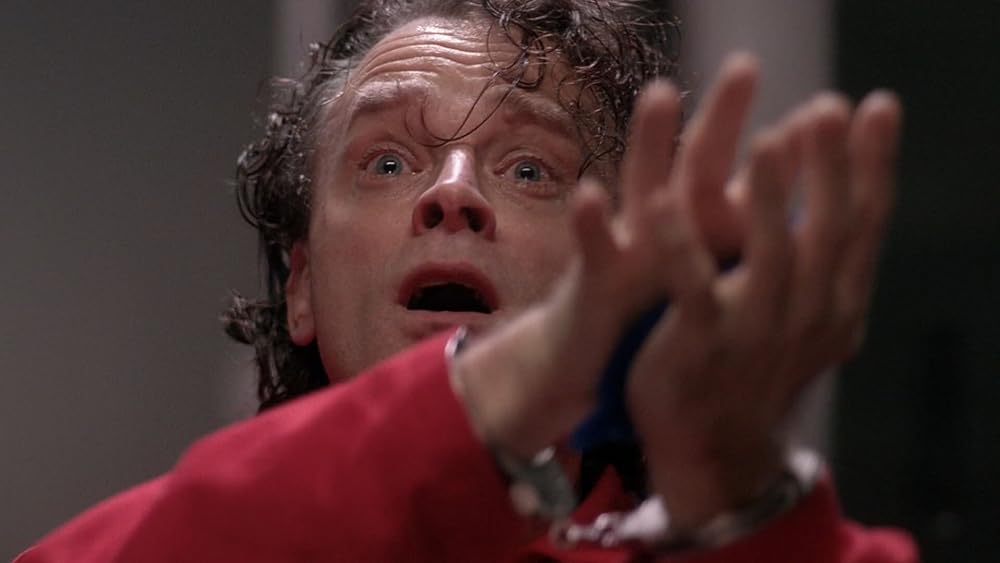
Brad Dourif has been doing movies for nearly 50 years. Now it seems he is walking away from the industry at 74 to enjoy his golden years. Except, there is a caveat.
Recently, digital entertainment publication JoBlo’s Tyler Nichols talked to some of the Chucky television series cast members. During the interview, Dourif made an announcement.
“Dourif said that he’s retired from acting,” says Nichols. “The only reason he came back for the show was because of his daughter Fiona and he considers Chucky creator Don Mancini to be family. But for non-Chucky stuff, he considers himself retired.”
Dourif has voiced the possessed doll since 1988 (minus the 2019 reboot). The original movie “Child’s Play” has become such a cult classic it’s at the top of some people’s best chillers of all time. Chucky himself is ingrained in pop culture history much like Frankenstein or Jason Voorhees.
While Dourif may be known for his famous voiceover, he is also an Oscar-nominated actor for his part in One Flew Over the Cuckoo’s Nest. Another famous horror role is The Gemini Killer in William Peter Blatty’s Exorcist III. And who can forget Betazoid Lon Suder in Star Trek: Voyager?
The good news is that Don Mancini is already pitching a concept for season four of Chucky which might also include a feature-length movie with a series tie-in. So, Although Dourif says he is retiring from the industry, ironically he is Chucky’s friend till the end.
Listen to the 'Eye On Horror Podcast'
Editorial
7 Great ‘Scream’ Fan Films & Shorts Worth a Watch
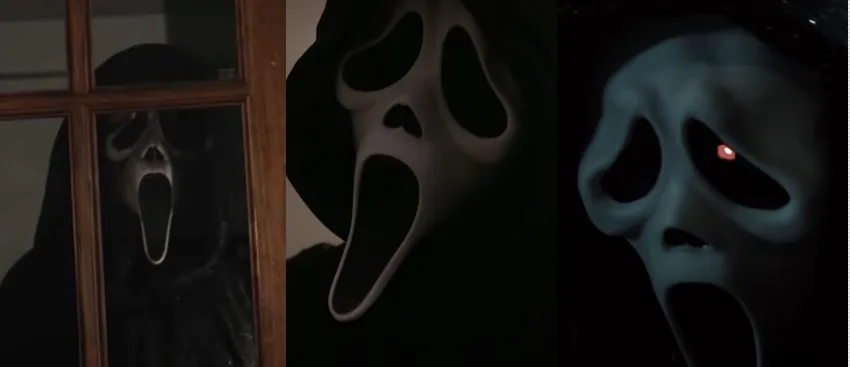
The Scream franchise is such an iconic series, that many budding filmmakers take inspiration from it and make their own sequels or, at least, build upon the original universe created by screenwriter Kevin Williamson. YouTube is the perfect medium to showcase these talents (and budgets) with fan-made homages with their own personal twists.
The great thing about Ghostface is that he can appear anywhere, in any town, he just needs the signature mask, knife, and unhinged motive. Thanks to Fair Use laws it’s possible to expand upon Wes Craven’s creation by simply getting a group of young adults together and killing them off one by one. Oh, and don’t forget the twist. You’ll notice that Roger Jackson’s famous Ghostface voice is uncanny valley, but you get the gist.
We have gathered five fan films/shorts related to Scream that we thought were pretty good. Although they can’t possibly match the beats of a $33 million blockbuster, they get by on what they have. But who needs money? If you’re talented and motivated anything is possible as proven by these filmmakers who are well on their way to the big leagues.
Take a look at the below films and let us know what you think. And while you’re at it, leave these young filmmakers a thumbs up, or leave them a comment to encourage them to create more films. Besides, where else are you going to see Ghostface vs. a Katana all set to a hip-hop soundtrack?
Scream Live (2023)
Ghostface (2021)
Ghost Face (2023)
Don’t Scream (2022)
Scream: A Fan Film (2023)
The Scream (2023)
A Scream Fan Film (2023)
Listen to the 'Eye On Horror Podcast'
Movies
Another Creepy Spider Movie Hits Shudder This Month
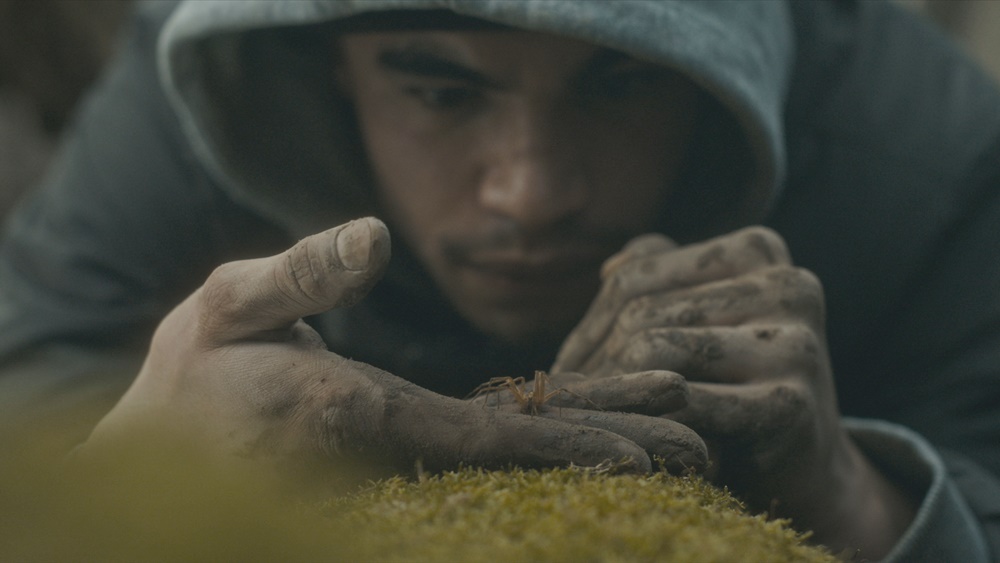
Good spider films are a theme this year. First, we had Sting and then there was Infested. The former is still in theaters and the latter is coming to Shudder starting April 26.
Infested has been getting some good reviews. People are saying that it’s not only a great creature feature but also a social commentary on racism in France.
According to IMDb: Writer/director Sébastien Vanicek was looking for ideas around the discrimination faced by black and Arab-looking people in France, and that led him to spiders, which are rarely welcome in homes; whenever they’re spotted, they’re swatted. As everyone in the story (people and spiders) is treated like vermin by society, the title came to him naturally.
Shudder has become the gold standard for streaming horror content. Since 2016, the service has been offering fans an expansive library of genre movies. in 2017, they began to stream exclusive content.
Since then Shudder has become a powerhouse in the film festival circuit, buying distribution rights to movies, or just producing some of their own. Just like Netflix, they give a film a short theatrical run before adding it to their library exclusively for subscribers.
Late Night With the Devil is a great example. It was released theatrically on March 22 and will begin streaming on the platform starting April 19.
While not getting the same buzz as Late Night, Infested is a festival favorite and many have said if you suffer from arachnophobia, you might want to take heed before watching it.
According to the synopsis, our main character, Kalib is turning 30 and dealing with some family issues. “He’s fighting with his sister over an inheritance and has cut ties with his best friend. Fascinated by exotic animals, he finds a venomous spider in a shop and brings it back to his apartment. It only takes a moment for the spider to escape and reproduce, turning the whole building into a dreadful web trap. The only option for Kaleb and his friends is to find a way out and survive.”
The film will be available to watch on Shudder starting April 26.
Listen to the 'Eye On Horror Podcast'
-

 News4 days ago
News4 days agoThis Horror Film Just Derailed a Record Held by ‘Train to Busan’
-

 Movies4 days ago
Movies4 days agoWatch ‘Immaculate’ At Home Right Now
-
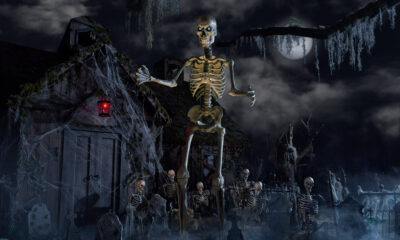
 News3 days ago
News3 days agoHome Depot’s 12-Foot Skeleton Returns with a New Friend, Plus New Life-Size Prop from Spirit Halloween
-

 News2 days ago
News2 days agoWoman Brings Corpse Into Bank To Sign Loan Papers
-
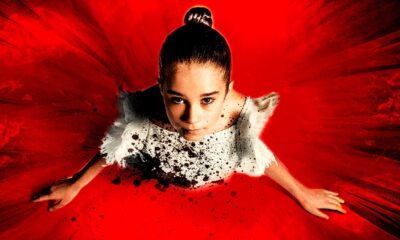
 News5 days ago
News5 days agoRead Reviews For ‘Abigail’ The Latest From Radio Silence
-

 News5 days ago
News5 days agoMelissa Barrera Says Her ‘Scream’ Contract Never Included a Third Movie
-
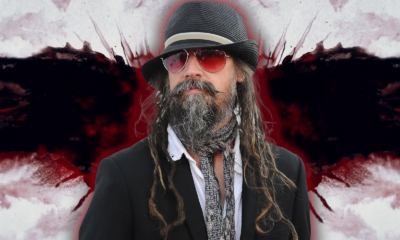
 Editorial6 days ago
Editorial6 days agoRob Zombie’s Directorial Debut Was Almost ‘The Crow 3’
-

 News4 days ago
News4 days agoA24 Joins Blockbuster Movie Club With Their Biggest Opening Ever
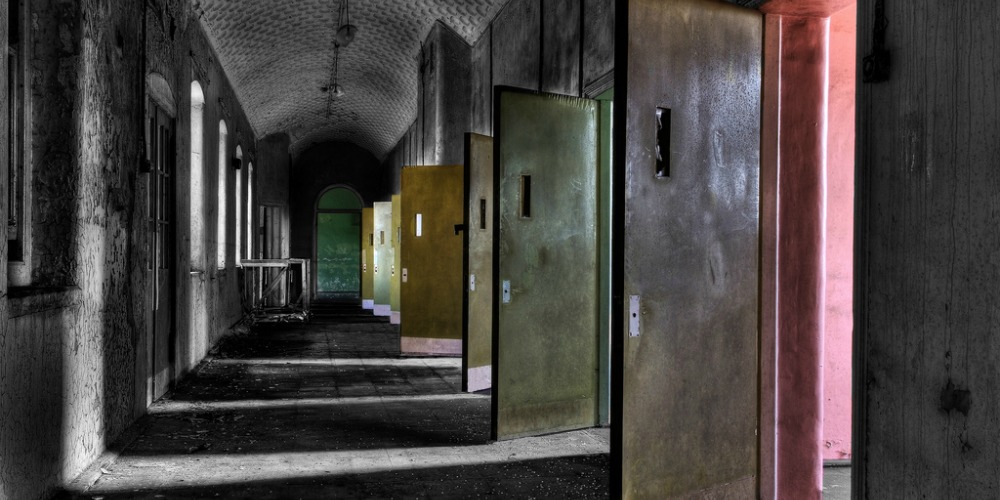
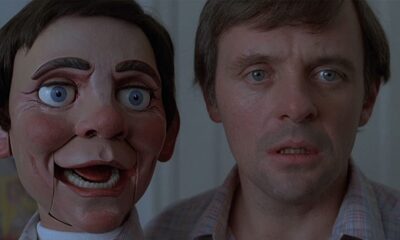

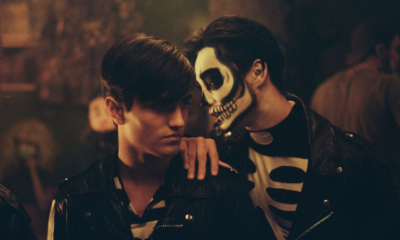


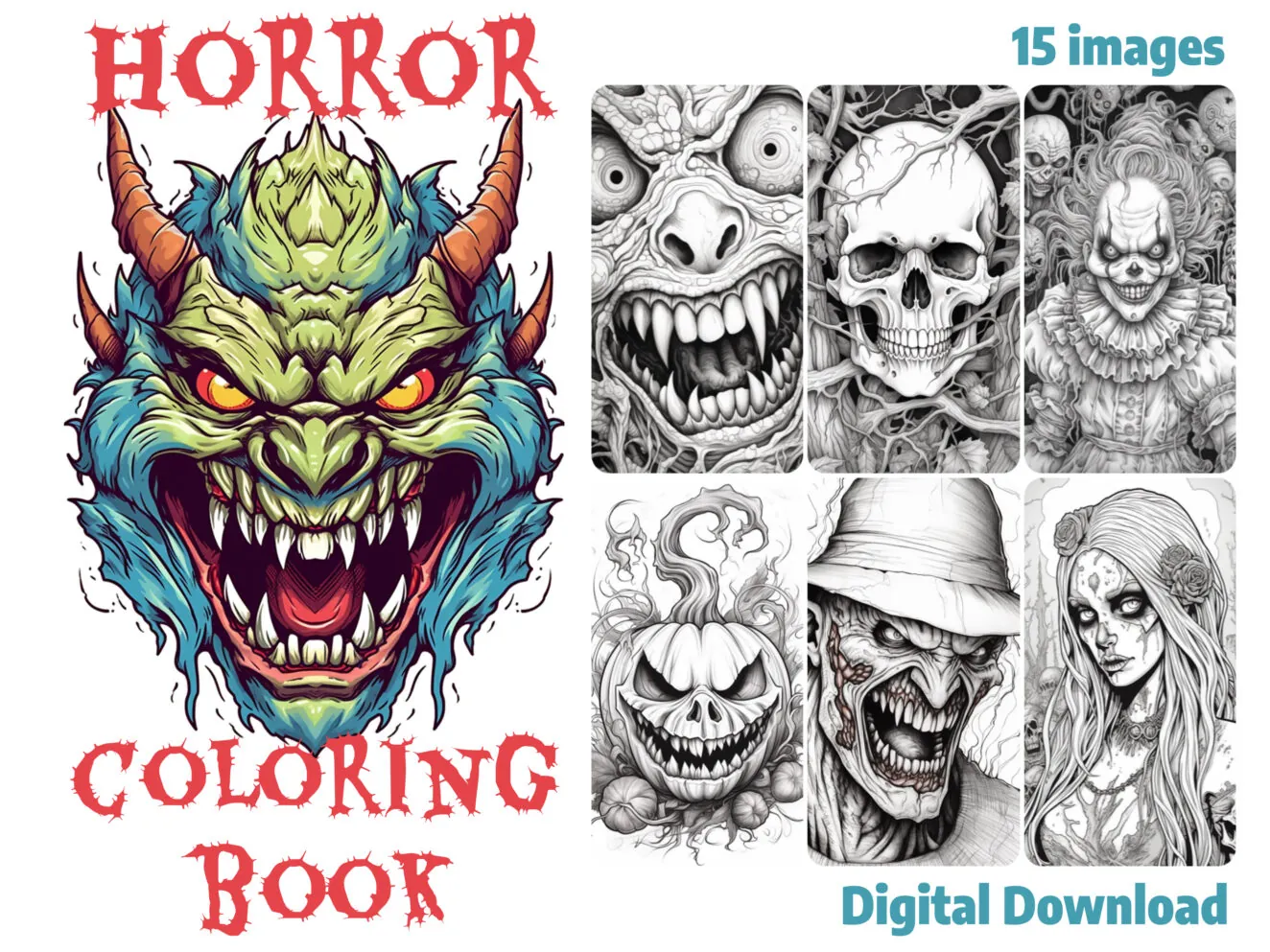
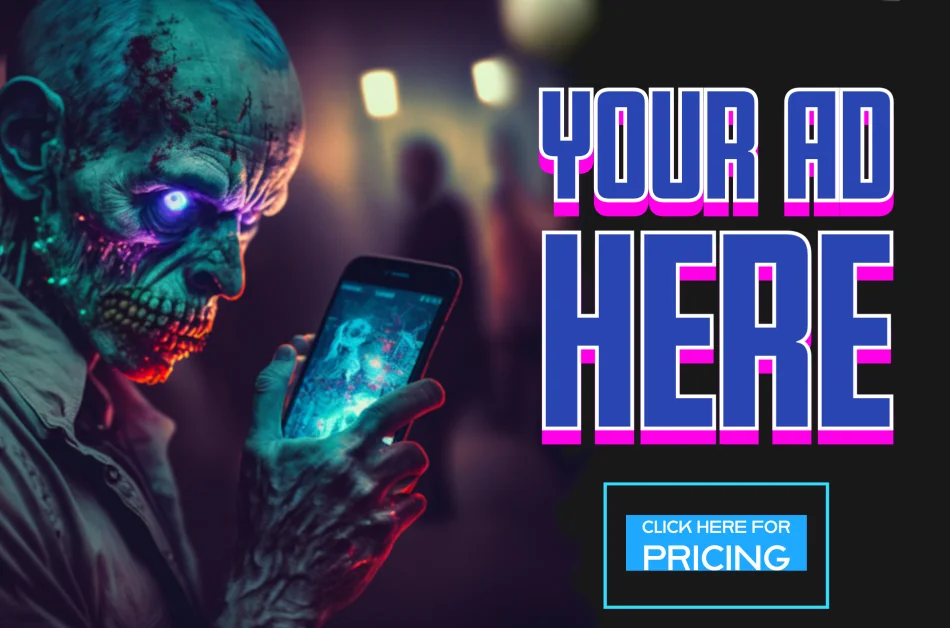



















You must be logged in to post a comment Login